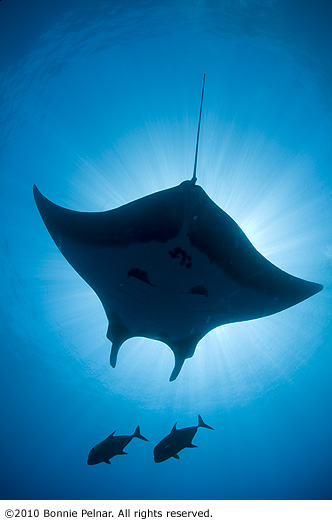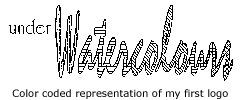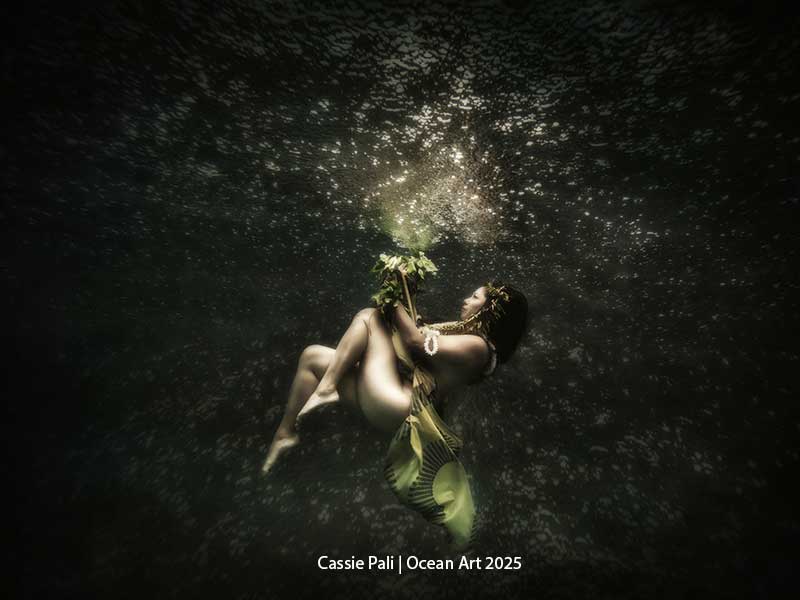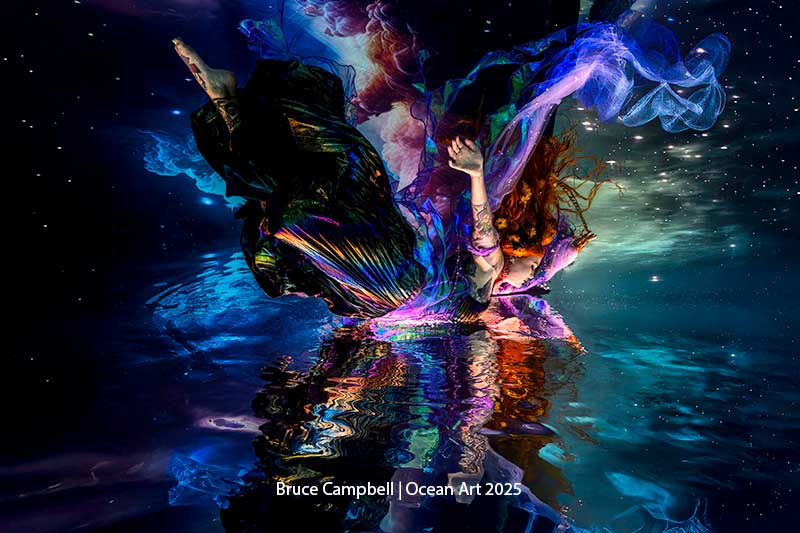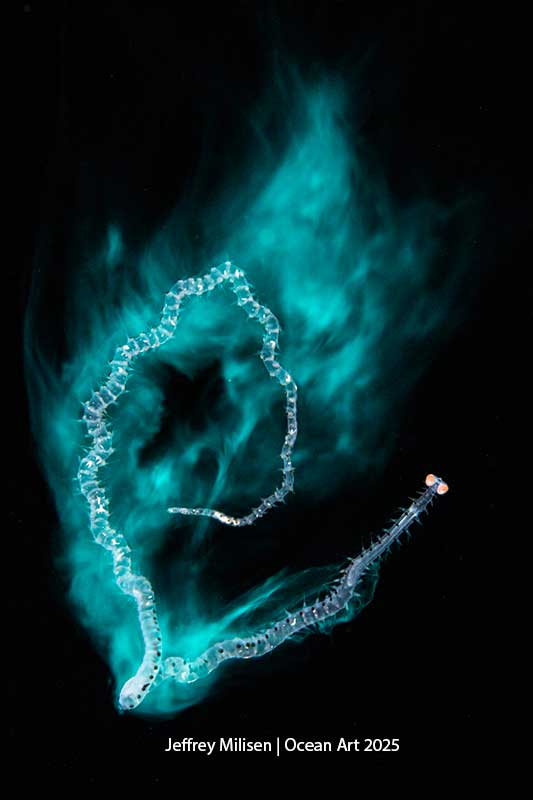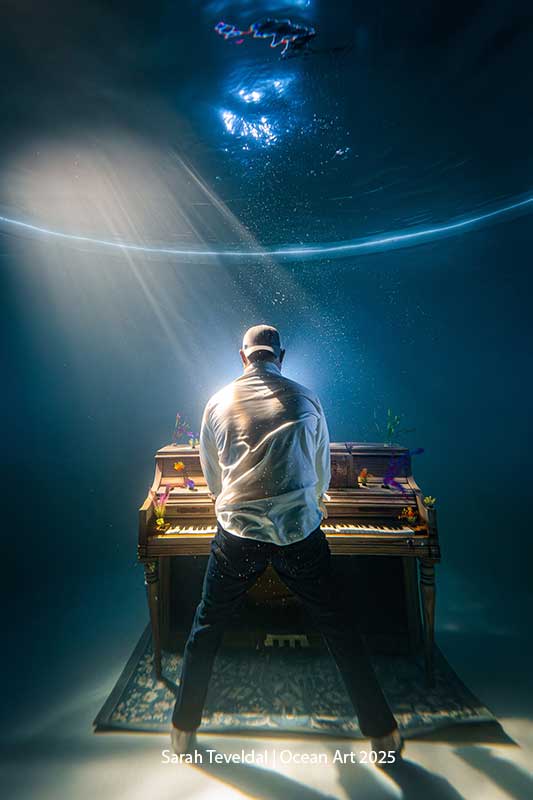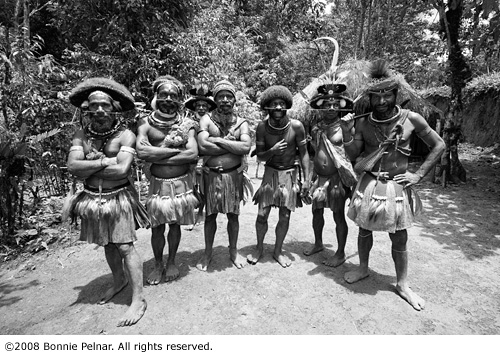Copyright, Trademark and Patent – The Difference
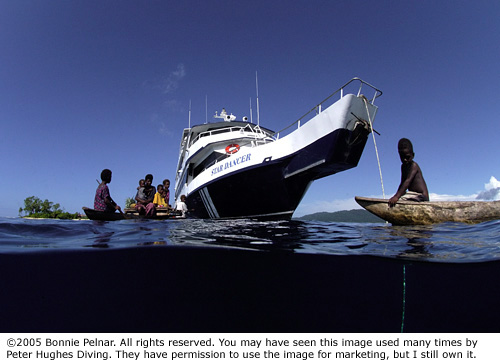
Copyright, Trademark and Patent – What's the Difference?
Part 2 in a series on Copyright
By Bonnie Pelnar
When discussing copyright and intellectual property rights, it's difficult to not bring up trademarks and patents. Although they offer similar types of protection, the purpose and application is different.
By the way, if you missed part one of this series, you can read it here first.
If you're a photographer you'll want to protect your images by enforcing your copyright. If you decide to name your company "Getty Images" you'll likely run into some trademark issues, but if you invent a cool little photo gadget that does something so unique that you decide to mass produce and sell it, then you'll need to know more about patent protection.
If you register your images with the copyright office under your company name (for example, Under Watercolours) this protects the images under copyright law, but the name "Under Watercolours" is not protected unless you've applied for a trademark.
COPYRIGHT
Copyright protects an original artistic or literary work. Since this includes photography, it is the part I'll elaborate on in future ramblings.
Copyright applies to anything you "author" or create, such as a drawing, a painting, a graphic, an illustration, a song, a book, or an article like this one. Since I wrote this article, I retain copyright to it, but I am giving the owner of this website permission to publish it. To own copyright to anything, it is not necessary that it be published.
For photography, copyright is established the minute you click the shutter. You created it. You own it. You determine who gets to use your photos and how.
Whether you decide to register your photos with the US Copyright office depends on many things. You do not lose your copyright by not registering an image with the copyright office.
Copyrights are registered by the Copyright Office of the US Library of Congress. The process is fairly simple and inexpensive, but enforcing copyright is anything but simple. The better you understand the basics of copyright, the more successful you'll be in protecting your images and cashing in when they are used without your permission. I'll talk more about that later.
TRADEMARK
A trademark is a single or combination of words, phrases, symbols or designs, that identifies and distinguishes you from someone else in a particular market. A service mark is the same, but distinguishes the source of a service rather than a product. They are often referred to as a 'mark' or 'trademark' regardless.
You can establish your company name and draw up a logo without ever giving thought to registering is as a trademark. Of course you cannot copy someone else's name or logo, but you can use a name or logo if you feel it is original and unique in your market and the geographical area you are selling in. Finding possible conflicts is much simpler today than it was before the internet was around. Coming up with a unique name like "Bonnie Pelnar Photography" is simple for me, because I'm the only Bonnie Pelnar in the world, but if you're name is Steve Jones you might run into some conflicts. Conflicts don't prohibit you from using the name, but the gray area might quickly turn into black and white if the other person using a similar name feels threatened by your use of the same name.
The purpose of registering your trademark is to prevent confusion in the marketplace about who or where where a product or service is coming from.
Registering a trademark is not mandatory. You can establish rights in a mark based on use of the mark in commerce, without a registration. However, owning a federal trademark registration provides several advantages including the right to use the ® symbol after your logo. If you ever needed to protect your trademark because you discovered someone was using a logo or name a little too similar to yours, you would need to have that trademark registered before your could bring an action against the offender.
You can use TM or SM after your logo without registering, but you don't get the added muscle of the statement an ® makes.
PATENT
Patent protects an invention. So if you come up with a unique device that does something different than anything else in existence, or better than similar devices, you may want to apply for a patent.
U.S. patent grants are effective only within the United States, U.S. territories, and U.S. possessions. Obtaining a U.S. patent gives you the right to exclude others from making, using, offering for sale, or selling the invention in the United States or importing the invention into the United States.
Registering with the U.S. Patent and Trademark Office does not give you legal assistance. If someone steals your image, you cannot call the U.S. Copyright Office to report it. You need to initiate the legal process in a Federal Court using lawyers and lots of money. However, there are huge advantages to registering to protect yourself. Potential infringers will know that you have every intention of protecting what is rightfully yours.
THE INTENT OF THIS ARTICLE IS NOT TO PROVIDE LEGAL ADVISE AND SHOULD NOT BE USED AS SUCH. IF YOUR COPYRIGHT HAS BEEN INFRINGED UPON, WE SUGGEST YOU CONTACT AN ATTORNEY.
Coming soon..
Part 3: Why you should copyright your photos
Bonnie Pelnar is an underwater photographer, producer, presenter, designer, teacher, and marketeer for the dive and travel industry for over 16 years. She conducts photography workshops at tropical destinations around the world. You can read more about her work, her workshops, and her photo tours at http://www.underwatercolours.com. She is also a judge in this year's prestigious Ocean Art Photo Competition.
Further Reading
